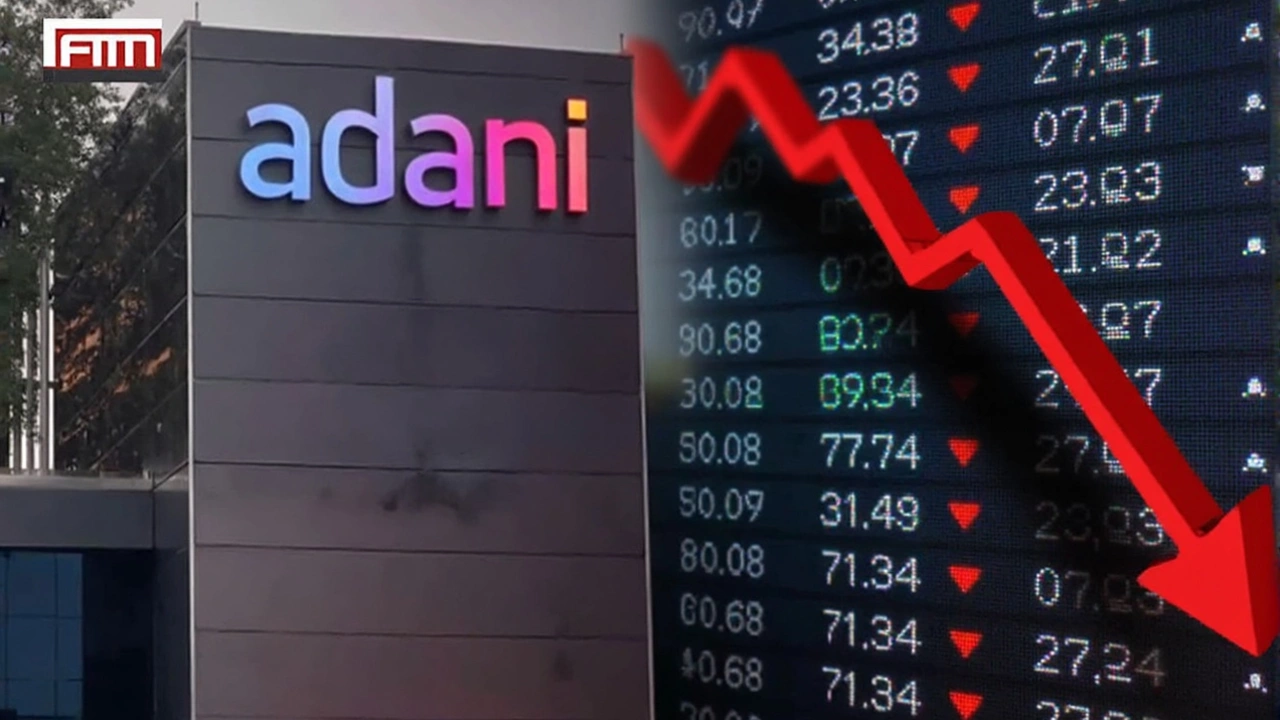In a dramatic turn of events, Indian billionaire Gautam Adani is under significant pressure as he grapples with serious charges from the United States. The recent indictment in a Brooklyn court accuses him of engaging in a $265 million bribery scheme related to a high-profile solar project back in India. This has not only rattled his vast business empire but has also sent ripples through India's political and economic landscapes.
The charges claim that Adani, along with seven other top executives, engaged in fraudulent activities that have raised eyebrows worldwide. This has brought back memories of an earlier crisis when Hindenburg Research accused him of fraudulent practices, leading his companies to lose over $60 billion in market value in early 2023. Despite a partial recovery in recent months, the latest accusations have put Adani's businesses, including segments focused on energy, ports, and media, under intense scrutiny once again. The impact was immediate as shares in Adani Green Energy plummeted by 8%, while other group companies experienced slight market rebounds.
Political and Economic Ripples in India
With these charges, the issue of corporate governance and the specter of crony capitalism has resurfaced in the Indian political debate. Opposition parties have been quick to capitalize on this scandal, demanding Gautam Adani's arrest. They also accuse Prime Minister Narendra Modi's administration of providing undue protection to Adani. Considering that Modi's ruling BJP is often perceived to have close ties with Adani, this situation could complicate the ruling party's agenda in upcoming parliamentary sessions, possibly affecting their legislative capabilities.
On an international front, these developments have strained India's relations with several key allies. Notably, Kenya has already moved to cancel multimillion-dollar deals with Adani, while Bangladesh has launched its own investigation into his energy projects. This creates a challenging foreign policy environment for India, as it seeks to maintain robust strategic ties with neighboring nations, including Sri Lanka.

Global Business Image at Stake
The fallout from these fraud allegations could potentially hurt India's ambitions to emerge as an attractive destination for foreign investment. Against the backdrop of increasing geopolitical tensions with China, India has been positioning itself as a viable alternative for international investors. However, the specter of such high-profile corporate scandals raises critical concerns about the country's business transparency and reliability, leading to potential hesitance among foreign investors.
Admittedly, this is a crucial juncture for Gautam Adani and his conglomerate, as they work to disprove allegations and stabilize their operations. Analysts suggest that while financial contagion risks may remain limited, the ability to raise funds for future business expansions has become more challenging. This situation demands careful navigation, not just for Adani but also for the broader economic health of India. The implications, both political and economic, are immense and will likely unfold over the coming months. The developments will be keenly watched by stakeholders, both within India and on the international stage.



